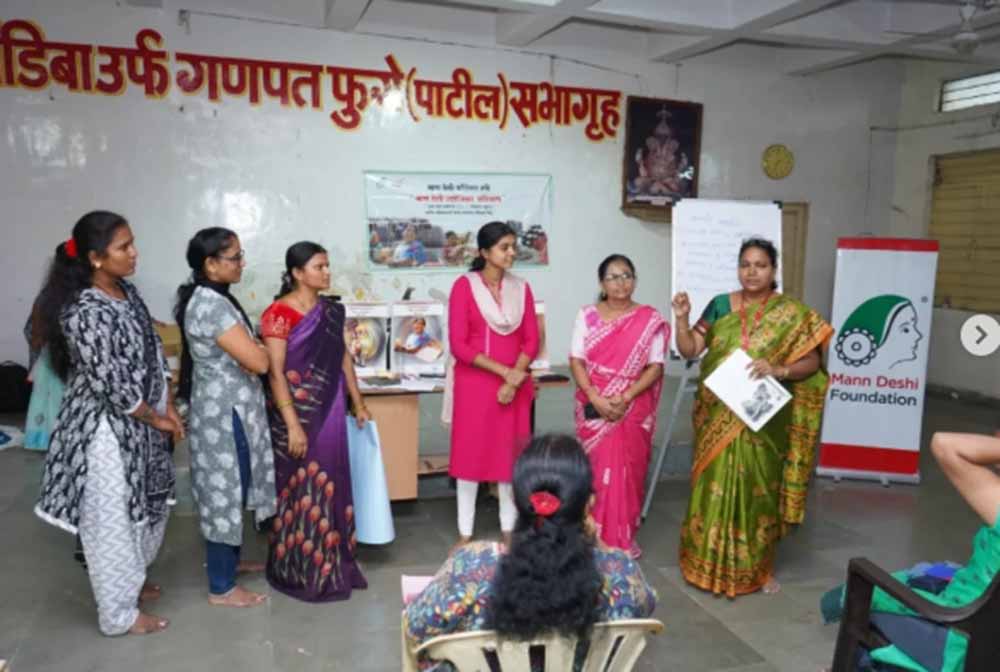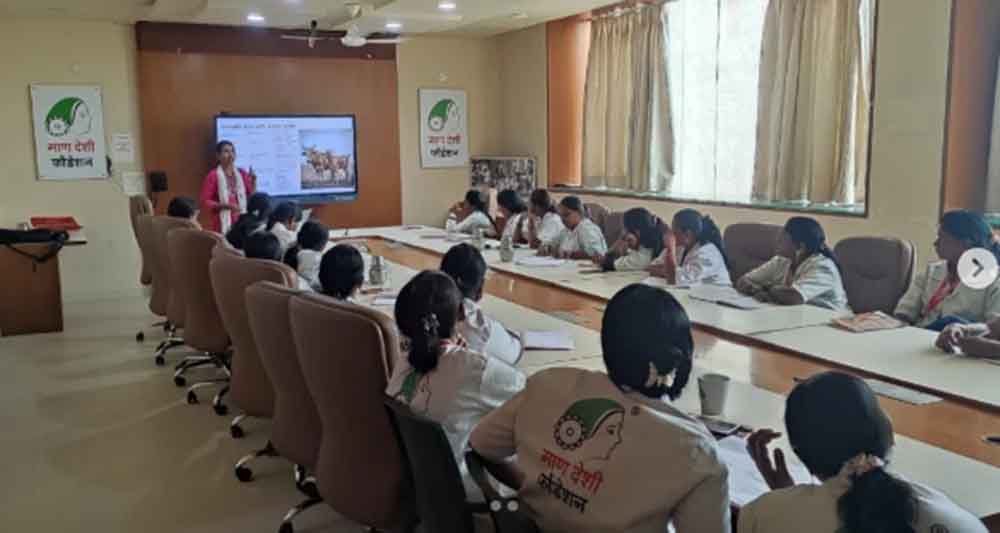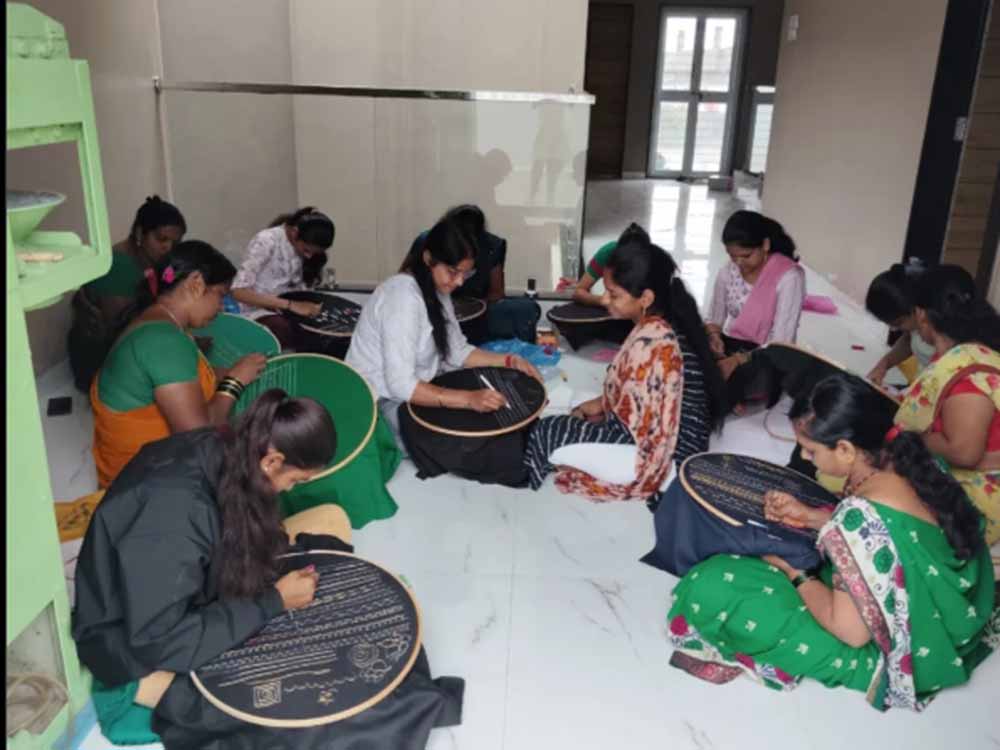In 1997, a remarkable shift began in the drought-prone village of Mhaswad, Maharashtra. Chetna Gala Sinha, an economist, activist, and social entrepreneur, set up the Mann Deshi Mahila Sahakari Bank - India’s first cooperative bank run by and for rural women. At its core was a revolutionary idea: if women, no matter how poor, could save and borrow money on their own terms, they could build their futures with dignity and power.

From Mumbai To Mhaswad
Born in Mumbai, Chetna studied economics and became involved in student activism. Her marriage to farmer-activist Vijay Sinha led her to move to Mhaswad, a small town struggling with recurring droughts and poverty. There, she noticed that women working in agriculture, dairy, and small trades had no access to formal banking. They were denied the right to open bank accounts because their savings were too small or because they were illiterate.
The Turning Point: Rejection To Revolution
One day, a blacksmith woman approached Chetna with ₹5 saved every day, asking where she could deposit it since local banks refused her. That moment sparked a deeper mission: to build a bank that believed in rural women. When Chetna first applied for a banking license, it was rejected because the promoters (the rural women) couldn’t sign their own names.
Instead of giving up, Chetna taught them to read, write, and understand banking basics. Within six months, these women were calculating interest without calculators. The next time they applied for a license, they convinced even the Reserve Bank officials, and the license was granted.

Mann Deshi Mahila Bank
The Mann Deshi Mahila Bank began with contributions from 600 women, pooling together ₹6 lakh. Unlike traditional banks, this one offered services designed around women’s lives:
· Tiny savings accounts for daily earners
· Loans without collateral, especially for women wanting to buy cattle, start a business, or build toilets
· Insurance and pension products for security
· Doorstep banking, so women wouldn’t lose a day’s income travelling to the bank
· Biometric smart cards for easy and secure access
Over the years, the bank’s model proved transformative. It reached lakhs of women, issued crores in loans, and maintained an impressive repayment rate - all while being run entirely by women from rural backgrounds.

Building Women Entrepreneurs
Chetna didn’t stop at financial inclusion. She launched the Mann Deshi Foundation to offer vocational training, financial literacy programmes, business schools (including mobile ones), and a women-run community radio station.
Women who had never stepped out of their villages began starting and scaling their own businesses, from food stalls and tailoring shops to mobile repair centres and even biogas plants. The Foundation’s initiatives helped over 8 lakh women build entrepreneurial confidence and navigate markets and digital tools.
Chetna Sinha has been celebrated nationally and internationally for her work. But her greatest legacy lies in the quiet confidence of thousands of women who now make their own financial decisions, invest in their children’s futures, and lead their communities.
Her guiding belief? Never offer poor solutions to poor people. Give them tools, trust, and training and they’ll build powerful, lasting change.
What started with a woman saving ₹5 a day has grown into a movement that transformed rural finance in India. Today, the Mann Deshi Bank and Foundation continue to empower rural women - not with charity, but with real opportunity. Chetna Sinha’s journey shows us that financial independence is not just about money. It’s about dignity, agency, and the courage to dream.